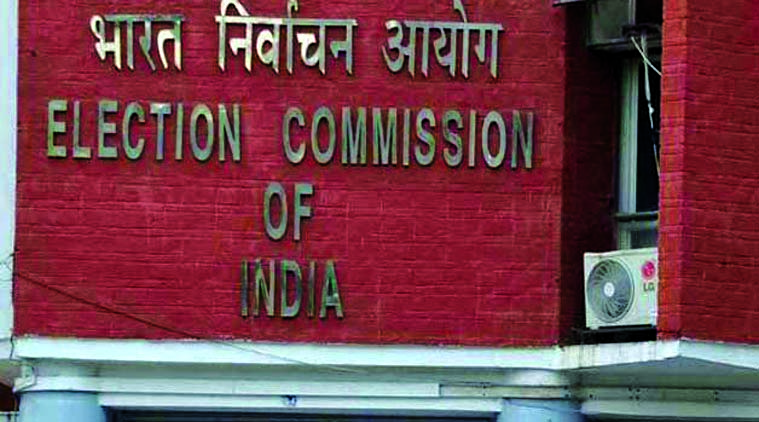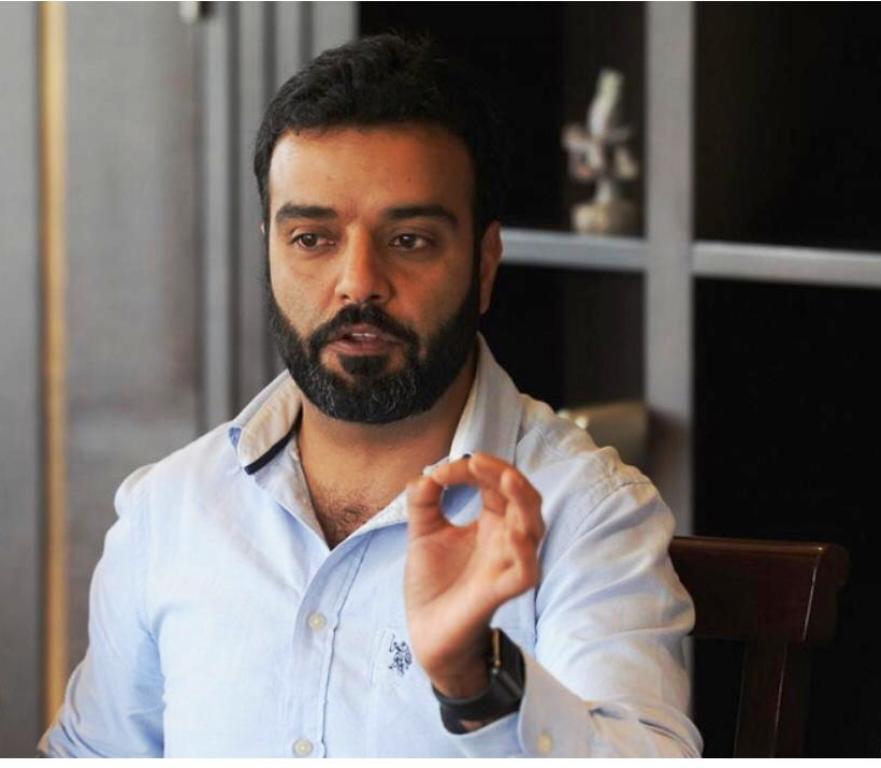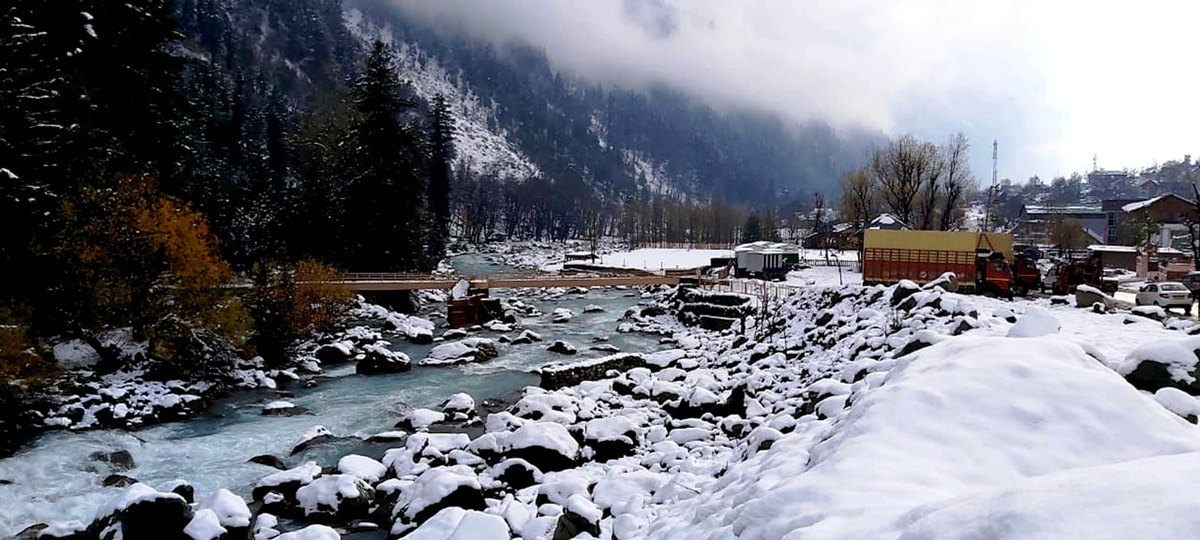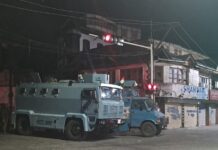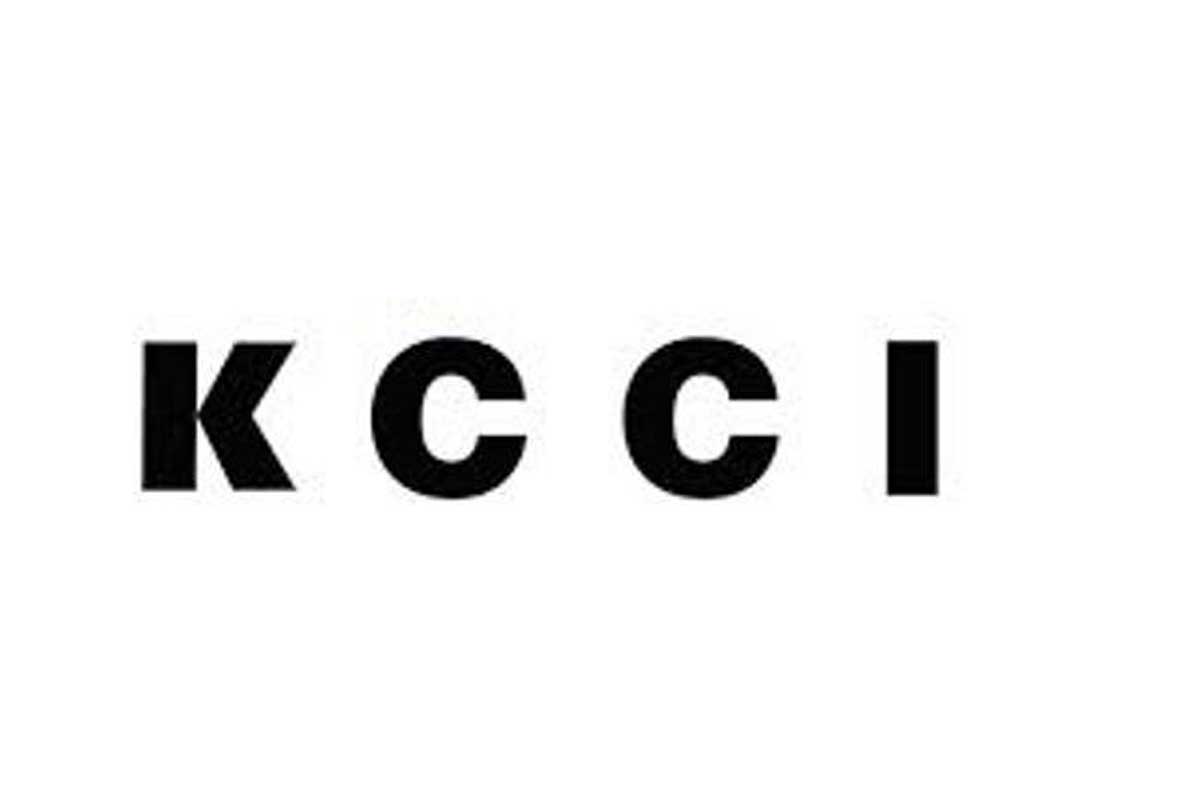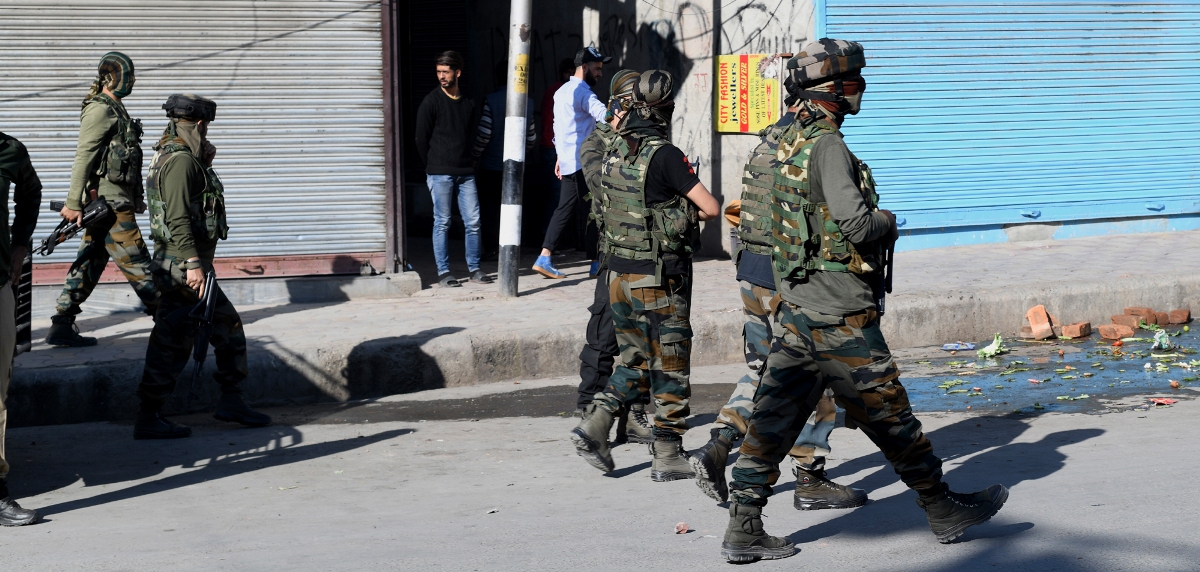Srinagar
An interactive session was on Monday held by journalists of a valley at Kashmir Press Club on internet suspension since August 5.

All the associations including Kashmir Press Club, Kashmir Editors Guild, JK Editors Forum, Kashmir Union of Working Journalists, Kashmir Working Journalists Association, Kashmir Press Photographers Association, Kashmir Journalists Association, Kashmir Video Journalists Association, Kashmir News Television Journalists Association, Journalists Federation of Kashmir and Anjuman-e-Urdu Sahafat other unions participated in the interactive session.
The journalists univocally demanded the restoration of internet services to media houses and shared their experiences about the challenges being faced by them in their reportage after august 5.
“It is humiliating to access the internet in the media facilitation centre set up by the department of information and Public relations. Giving journalists access to limited internet amounts to ban on media,” speakers said.
“This is unprecedented in the history of Kashmir. Even in 90s situation was not this bad. Despite approaching government many times demanding restoration of internet services, nothing was done,” they said.
“The government has deliberately muzzled the press to control the flow of information and the gag has adversely affected the ground reporting and newsgathering operations,” they added.
Haroon Rashid Shah, who represents Kashmir Editors’ Guild, said that Valley’s media fraternity abandoned Anuradha Bhasin, the executive editor of the Jammu-based English daily Kashmir Times, when Bhasin filed a petition in the Supreme Court challenging the internet ban imposed from August 5.
“What did we do when Anuradha chose to fight? We left her alone in her struggle,” said Shah, adding that the media in Kashmir lacks cohesiveness and unity when it matters the most.
“Perhaps the government considers Kashmiri media as part of the problem. That is why Kashmiri journalists are denied access to internet,” said Shah.
Another journalist Peerzada Ashiq compared the curbs faced by journalists since August 5 with Stalin’s Russia and Zia-ul-Haq’s Pakistan.
“The post August 5 situation in Kashmir is unprecedented. Even in the early 1990s, the media in Kashmir did not face such unprecedented curbs. We also have to see what happened to those who summoned the courage to speak up or write in an objective manner,” said Ashiq adding that journalists were also being summoned by the local police regarding stories done post August 5.
Ashiq said that the internet is a major tool of communication for journalists for research and to gain access to information and file stories in time.
“We aren’t able to communicate with our sources and freely gather information. We demand the internet be restored,” said Bashir Manzar, senior journalist and editor-in-chief of Kashmir Images.
Meanwhile, later scores of journalists working with different media organisations – both local and outside –staged a sit-in at Kashmir Press Club and demanded an immediate end to the ban on Internet.
“Stop humiliating Kashmiri journalists,” “156 days, no internet,” read the placards holding by journalists.
The journalists demanded immediate restoration of the services to facilitate the media persons to discharge their professional duties.
The government snapped internet and mobile services and imposed restrictions on movement in the Valley on August 5 – the day the Centre abrogated Article 370 and bifurcated the state of Jammu and Kashmir into two Union Territories.
Postpaid mobile services on all networks were restored in the Valley on October 14, 72 days after they were snapped.
However, pre-paid mobile phones and all internet services continue to remain suspended since August 5.


